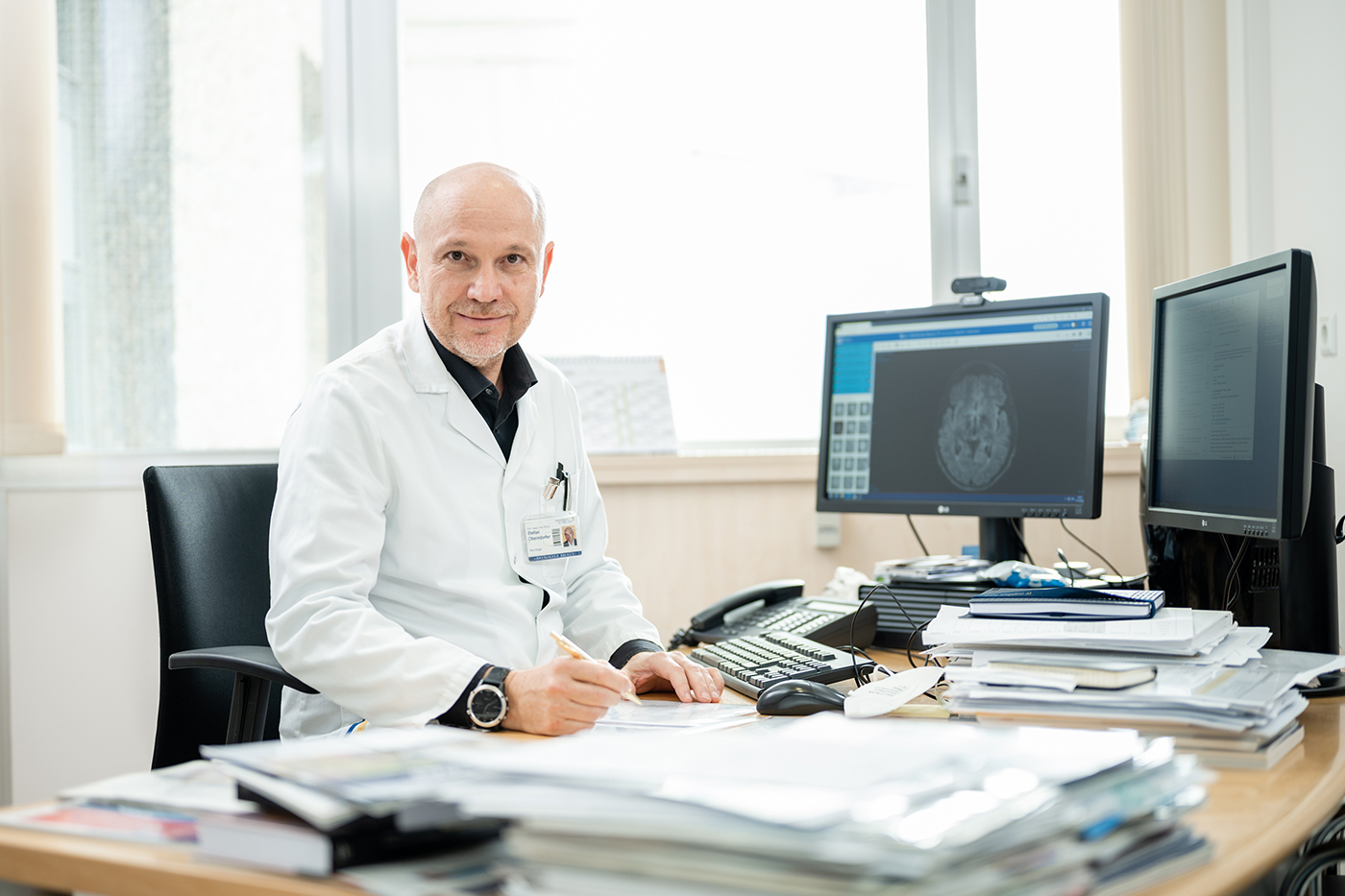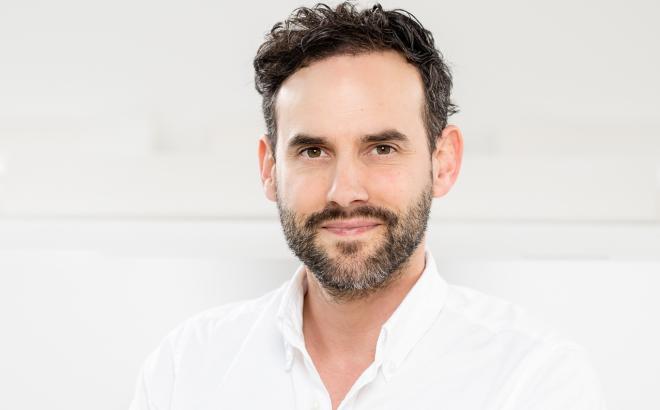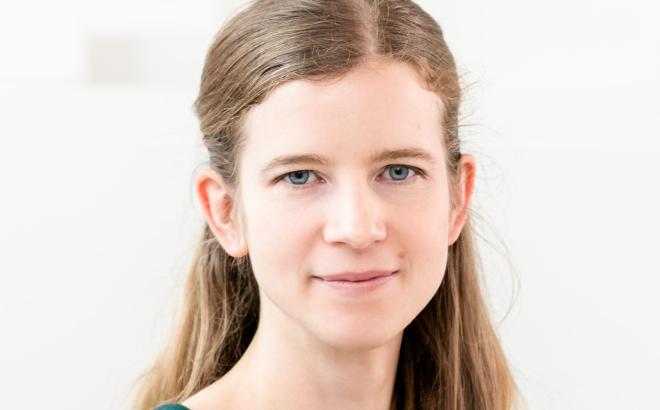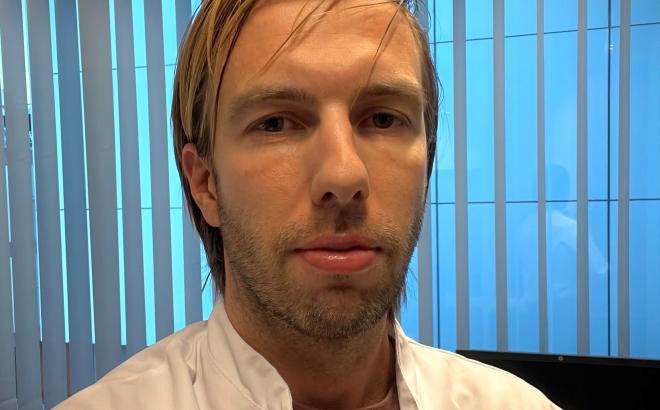Stefan Oberndorfer, Neurologist
Investigative Spirit Induces Quantum Leaps In Knowledge
In the day-to-day lives of clinical physicians, research often plays a minor role. If they show interest in scientific activities, it is mostly regarded as their private hobby, to be typically pursued outside their working hours. “This attitude, however, no longer really reflects the way clinicians see themselves in view of the rapid knowledge growth in medical science,” says Stefan Oberndorfer.
Oberndorfer was appointed head of the Clinical Department of Neurology at the University Hospital of St. Pölten and Associate Professor of the KL’s Department of Neurology (alternating with Walter Struhal, a neurologist in Tulln) in 2011. Oberndorfer always wanted to see behind the curtain of the medical art of healing while still a medical student: “For many disease patterns I came across during my studies, I simply understood too little of the biological processes in the background and I wanted to dig deeper,” is how he explains the early piquing of his scientific curiosity.
Although it was not required to complete his medical studies, he continued with a scientific dissertation after earning his Dr. med. univ. diploma. He became fascinated by neurology, more specifically multiple sclerosis. This first research activity was a steep learning curve, as he puts it. “I was able to deepen my knowledge regarding MS and learnt the basics of clinical research.” Later on, Oberndorfer specialised in neuro-oncology – the subject in which he earned his postdoctoral lecture qualification.
Today, Oberndorfer is interested in many research topics. For instance, he investigates innovative methods for combining imaging techniques, such as magnetic resonance tomography, with psychological tests to improve diagnosis and treatment of glioblastoma, a cancer of the glial cells that is very difficult to treat. In his current project, “we are developing pioneering evaluation methods and are also using artificial intelligence.” Other research fields include neuro-borreliosis and cognitive impairments caused by multiple sclerosis. A new research subject of his is ‘stroke’: “At present, many subtle functions of our nervous systems that might be impaired after a stroke are not recorded in diagnoses. This includes memory and motor skills, but also speech disorders,” he explains. Investigating blood coagulation during acute stroke treatment is yet another field of Oberndorfer’s current research activities.
When the KL was founded in 2012, Oberndorfer’s department became a university hospital. Being part of a university is a big challenge. At the same time, it offers excellent opportunities to educate young researchers. “With a university in the background, our young researchers can develop and advance new projects in the neurosciences more efficiently,” he says. “With your own clinical research in a university setting, it is easier to generate own knowledge and build your own competence,” Oberndorfer believes.
Link to the KL research information system KRIS

Prim. Assoc. Prof. PD Dr. Stefan Oberndorfer FEAN
Division of Neurology (University Hospital St. Pölten)




